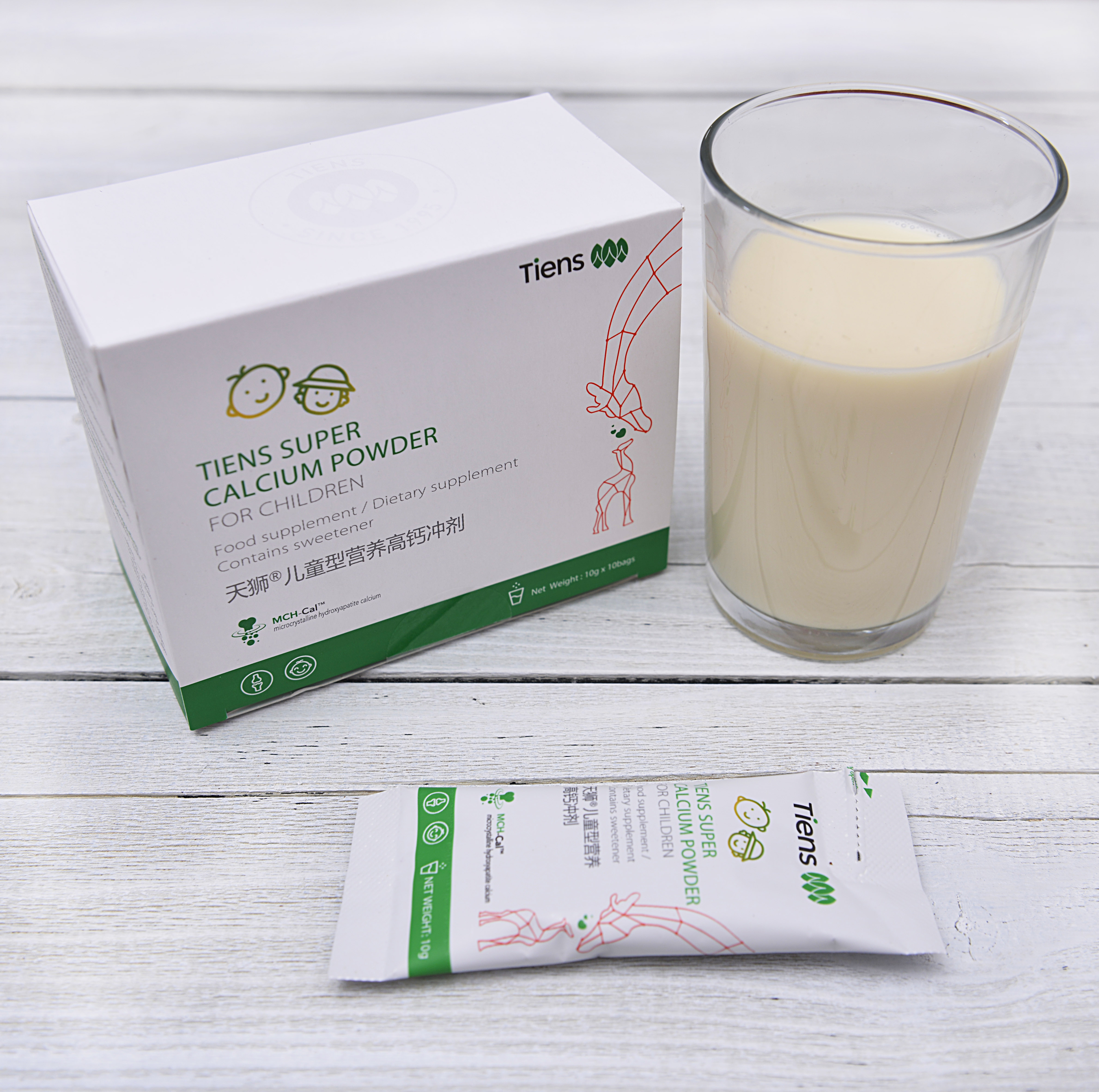
Manufacturers whose products have been implicated quickly retuned to add supplemental taurine to their foods … but even that may not be enough to correct the problem. Evidently, this issue was not hard to anticipate in low- or zero-meat diets. Interestingly, most vegetarian and vegan dog foods already contain added taurine and carnitine. … that exacerbates the problem in diets with these ingredients. If the meat is itself is low in taurine, as it is in … This means the food is primarily plant-based. But, in reality, if they totaled all the plant products, they’d outweigh the meat. Listing ingredient fractions separately helps a small amount of meat rise to the top … as the ingredients are listed by weight. This is a common label trick known as “splitting.” In practical terms, this means that a pet food containing related ingredients … such as “peas, potatoes, pea starch, pea protein, potato protein” could be problematic. The FDA said, “potatoes or multiple legumes such as peas, lentils, other pulses (seeds of legumes), and their protein, starch, and fiber,” were the main ingredients of the food in several cases of DCM reported to the agency. A Bulldog and an unspecified number of mixed-breed dogs (and 7 cats).Not because it was a new concern … but because the dogs were n’t breeds previously known to develop taurine-deficiency DCM. The increase in reported taurine-DCM cases caught the FDA’s attention. One expert called these “BEG” (Boutique, Exotic and Grain-Free) diets. The FDA reported a link between DCM and “grain-free” dog foods with large amounts of: This has not, to date, been considered or investigated. Processing may also play a significant role in dogs as well as cats. The taurine from bile is reabsorbed in the colon … but bacteria can “steal” taurine and prevent this crucial recycling. This turned out to be the primary factor in cats. The microbiome may also play a major role in taurine deficiency. So the problem may be a deficiency of those amino acids, rather than a lack of taurine itself. Taurine production relies on adequate methionine and cysteine in the diet.

And that raises even more questions about it!įor one thing, taurine may not even be the real culprit.

Some (but not all) of these dogs will improve with taurine supplementation. Recent research suggests that diet is a factor in less than 20 to 30 percent of dogs with DCM. RELATED: NEWS: FDA Reports Some Dog Foods May Cause Heart Disease What The Research Has To Say It’s also recognized that big dogs produce taurine more slowly than small dogs. Spaniels, Golden Retrievers, Newfoundlands … and a handful of other breeds … appear to be genetically predisposed to DCM. And there is such a thing as taurine-deficiency DCM in dogs it was discovered in the 1990s. However, DCM is common in dogs, especially large breeds. Pet food makers saw no reason to add taurine to dog foods, so they chose not to incur the added expense. The epidemic then faded away (although DCM can still occur, unrelated to diet). So the manufacturers started supplementing all cat foods with taurine. Unlike dogs, cats (and ferrets) must consume taurine in the diet and cannot produce their own. The trouble is … soybeans and corn are poor sources of sulfur-containing amino acids. They substituted more and more plant proteins, such as soybeans or corn gluten meal, in place of real meat. This happened because pet food companies were making ingredient substitutions. Some were even dying from a heart condition called dilated cardiomyopathy (DCM). Researchers at UC Davis discovered that taurine deficiency was impacting cats. The first inkling about taurine’s importance came in the 1980s. But, with advancing age, taurine production decreases.

It has beneficial antioxidant and anti-inflammatory properties.ĭogs manufacture their own taurine from the sulfur-containing amino acids methionine and cysteine.It’s vital for the proper function of muscles (especially the heart), eyes, brain, and the immune system.It’s a component of bile, which breaks down dietary fat.It has many special functions, including: Unlike other amino acids, which are used mainly to build proteins, taurine is a loner. Taurine is an amino acid found mainly in meat. They alerted pet owners about the potential for heart disease in dogs on certain diets … diets that may be deficient in taurine.Įveryone panicked … but was this panic warranted? The Tale Of Taurine In the summer of 2018, the US Food and Drug Administration (FDA) issued a warning.


 0 kommentar(er)
0 kommentar(er)
